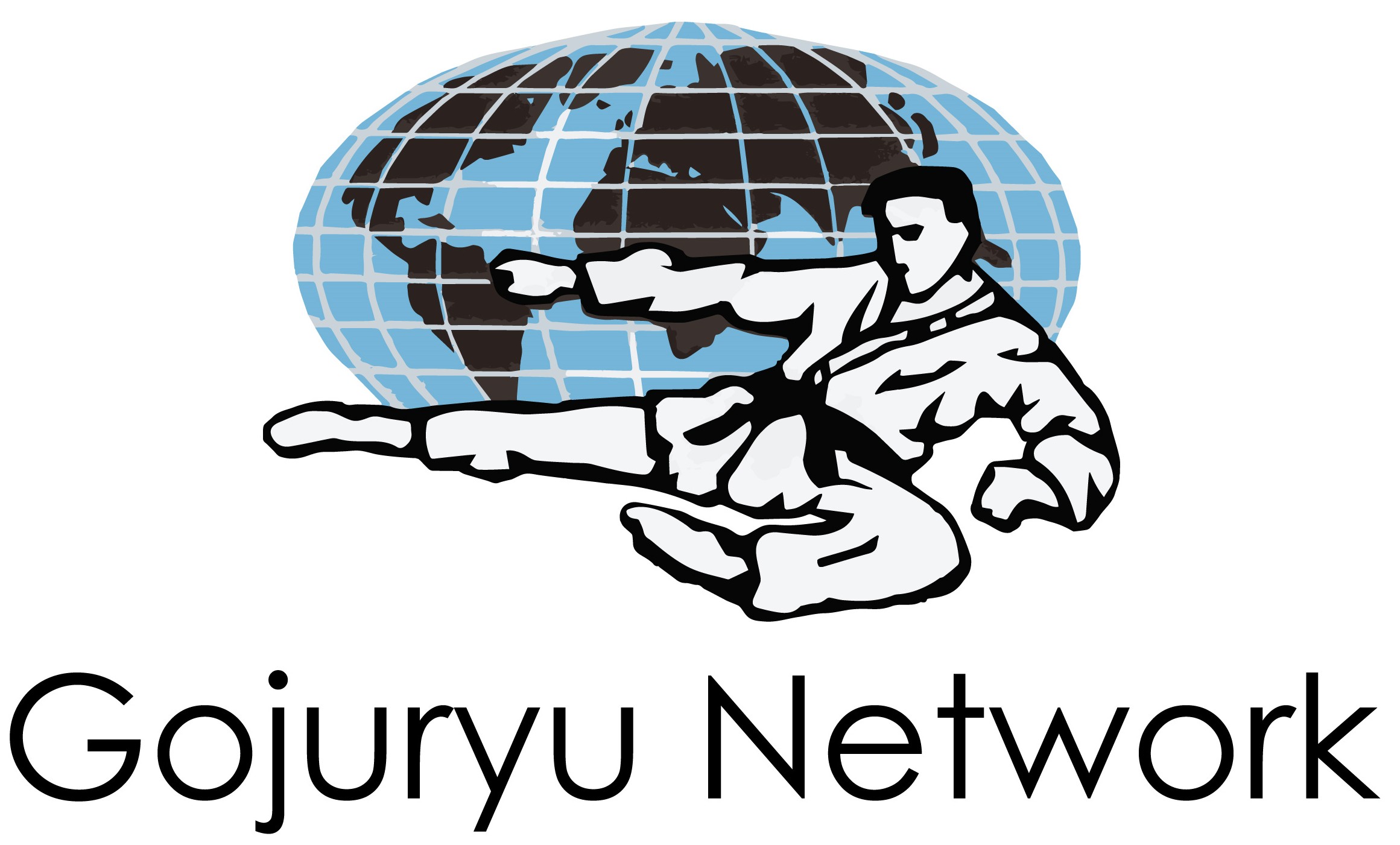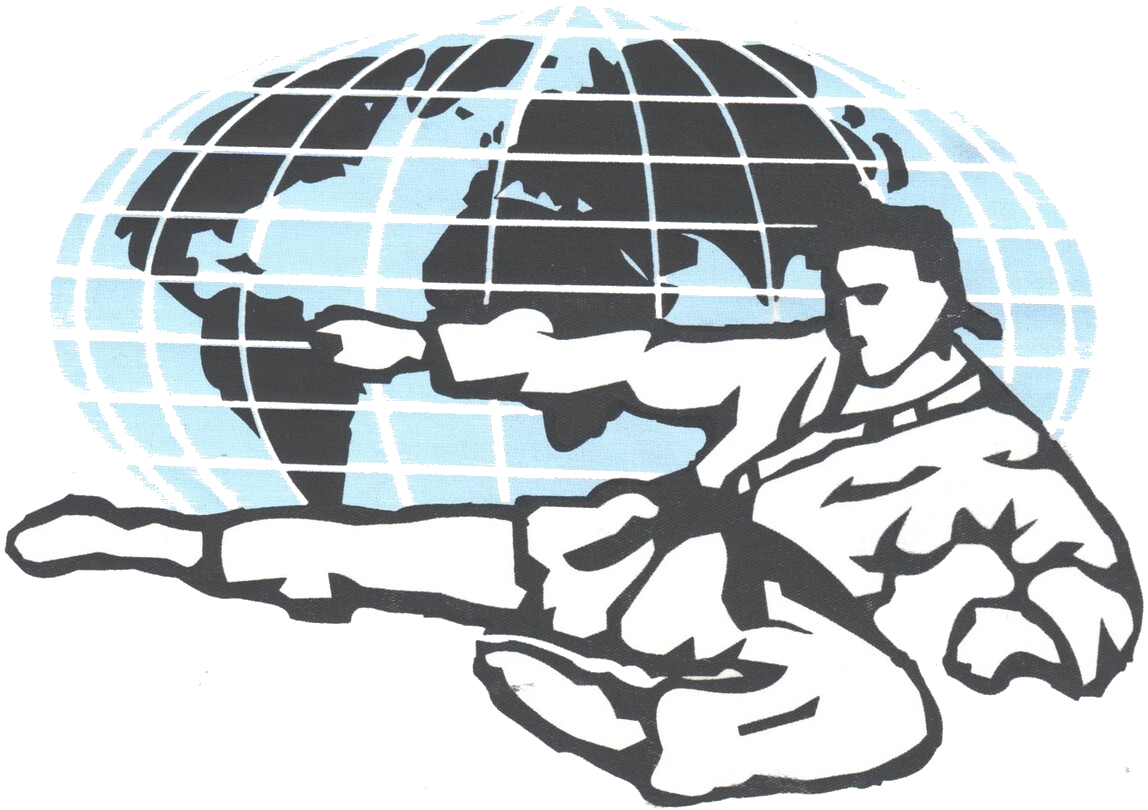Territorial Possessiveness in the Dōjō
All Gojuryu Network (www.gojuryu.network) & SKSV (Gojuryu.net) cross-post By Johnpaul Williams – Feb 13, 2024Introduction
“At our club in the 1990s, I wasn’t the ‘King of the Dōjō’—that was a tacit moniker reserved for our Shihan (Sensei). I was the Big Man on Campus (BMOC) and reigned as undisputed champion on the dōjō floor. That was until Eric R. joined the dōjō…” This reminiscent opening could serve as the opening line of a short novel, a teen-screenplay or compelling narrative, echoing the sentiments and experiences of numerous Karateka (空手家) across the globe. Territorial possessiveness, a phenomenon not unique to but significantly pronounced in the environments of dōjō and karate clubs, emerges as a focal point of intrigue. Such behavior, marked by a domineering presence and a bid for control over a shared space, is not an anomaly confined to select individuals; it is a universal occurrence across martial arts communities, a nuanced interplay of psychological, cultural, and social dynamics….. And I too have served as the protagonist, the antagonist and the intermediary arbitrator. Yet, the acknowledgment and management of territorial possessiveness vary widely. Not every dōjō, club, or group recognizes the dual-edged sword this behavior represents—its potential benefits and liabilities. Identifying, nurturing, or constraining these actions can fortify the collective strength of a team, transcending the sum of its parts.Gender Dynamics

Historical and Cultural Context
In traditional Japanese dōjō (道場), respect and hierarchy are deeply ingrained, often mitigating overt territorial behaviors. However, in Western adaptations of martial arts, there’s a noticeable shift. The Western emphasis on individual achievement can sometimes amplify these territorial tendencies. Exploring these cultural contrasts offers insights into managing such dynamics effectively.Recognizing Territorial Possessiveness
When Erik R came along, he was new to the Dōjō however not new to karate. Erik R had years of (Shōtōkanryū 松濤館流) experience exceeding my own (Gōjūryū 剛柔流 and Jūdō 柔道) experience. In addition, he was a senior grade and his experience was a more mature “adult” karate where as over half of my years of experience was in children and teens training. I would soon find that there was a difference between men with life experience and young men with a dōjō training, real world street fighting experience and too much testosterone. Psychological Underpinnings: Recognition of territorial possessiveness isn’t solely a byproduct of testosterone-driven competitiveness, it entails observing subtle cues and overt actions that signal an individual’s claim over physical or symbolic space within the dōjō. Psychological factors—ranging from;- competitive instinct,
- monopolizing equipment or areas for personal use,
- asserting dominance in sparring sessions,
- personal insecurity,
- the need or desire for recognition,
- the fear of obscurity.
To Nurture or to Dissuade









